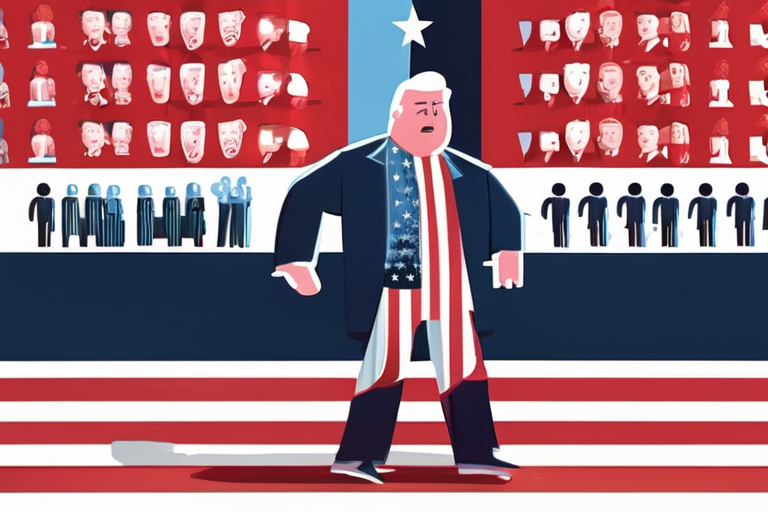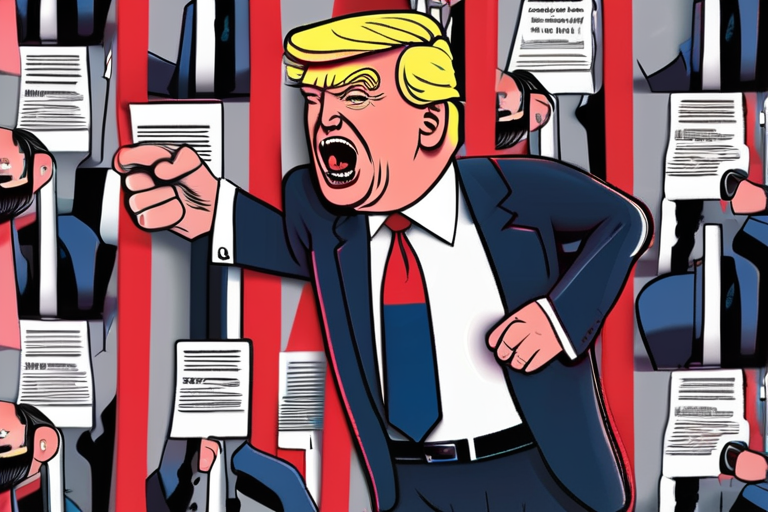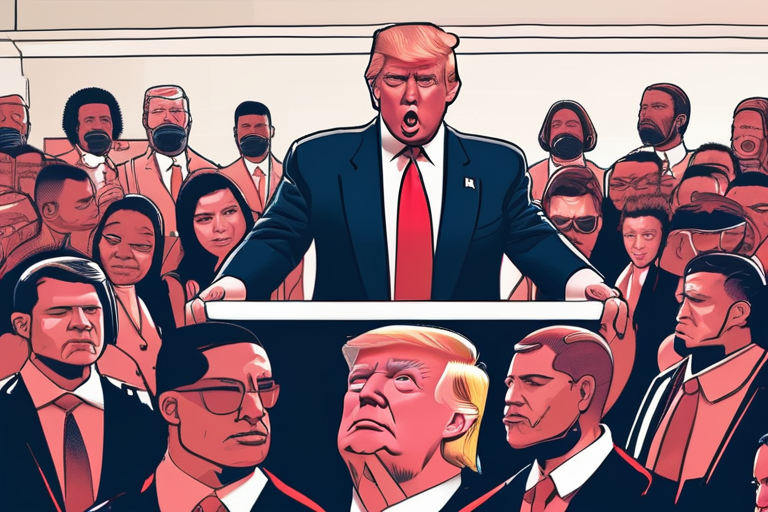The New Power of Far-Right Influencers: A Growing Concern for Policy Makers
In the wake of the Trump administration's designation of antifa as a domestic terrorist organization, far-right influencers have emerged with unprecedented power to shape public opinion and policy. The rise of these online personalities has raised concerns among experts and lawmakers about their potential impact on democratic institutions.
According to historians and researchers, the surge in far-right influence can be attributed to the increasing polarization of American politics and the proliferation of social media platforms. "The internet has created a space for extremist ideologies to spread rapidly," said Mark Bray, a historian who has written extensively on antifa and its critics. "Far-right influencers have been able to tap into this sentiment and amplify their message."
Bray's own experience with death threats and harassment serves as a stark reminder of the dangers posed by far-right extremism. In 2017, he published "Antifa: The Anti-Fascist Handbook," which sparked a wave of backlash from far-right circles. Since then, Bray has faced relentless intimidation and threats, forcing him to consider leaving the United States.
The Trump administration's designation of antifa as a domestic terrorist organization has emboldened far-right influencers, who have used social media platforms to spread misinformation and propaganda. "This label is not only inaccurate but also dangerous," said Leah Feiger, senior politics editor at Wired. "It gives license to extremist groups to target marginalized communities and undermine democratic institutions."
Makena Kelly, a journalist who has written extensively on MAGA influencers, notes that these online personalities have become key players in shaping public opinion. "Far-right influencers have created a culture of outrage and conspiracy theories," Kelly said. "They are driving the narrative and influencing policy decisions at the highest levels of government."
The impact of far-right influence can be seen in the growing number of cities where Trump supporters have been mobilizing to take over local governments. "This is not just about politics; it's about power and control," said David Gilbert, a journalist who has covered the rise of MAGA influencers. "Far-right groups are using social media to organize and mobilize their base, often with devastating consequences for marginalized communities."
As the role of far-right influencers continues to grow, experts warn that policymakers must take action to address the underlying issues driving this trend. "We need to recognize the threat posed by far-right extremism and develop strategies to counter it," said Feiger. "This includes promoting media literacy, supporting fact-based journalism, and addressing the root causes of polarization."
The current status of far-right influence remains a pressing concern for policymakers and experts alike. As the 2024 elections approach, it is clear that the power of far-right influencers will only continue to grow unless addressed through concerted efforts to promote democratic values and counter extremist ideologies.
Background:
The Trump administration's designation of antifa as a domestic terrorist organization has emboldened far-right influencers.
Far-right influencers have used social media platforms to spread misinformation and propaganda, driving the narrative on issues such as immigration and law enforcement.
Historians and researchers warn that the rise of far-right influence is linked to the increasing polarization of American politics and the proliferation of social media platforms.
Additional Perspectives:
Some argue that far-right influencers are a response to the perceived failures of mainstream politics, while others see them as a threat to democratic institutions.
Experts note that addressing the root causes of polarization, such as economic inequality and lack of access to education, is crucial to countering far-right influence.
Next Developments:
Policymakers are expected to introduce legislation aimed at countering far-right extremism and promoting media literacy.
The 2024 elections will likely see a continued rise in far-right influence, with experts warning that the consequences for democratic institutions could be severe unless addressed.
*Reporting by Wired.*



 Hoppi
Hoppi

 Hoppi
Hoppi

 Hoppi
Hoppi

 Hoppi
Hoppi

 Hoppi
Hoppi

 Hoppi
Hoppi











